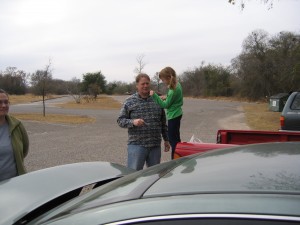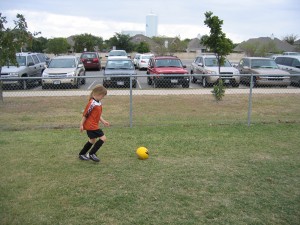 March 26, 2010 GUEST POST by Jason Bankert
March 26, 2010 GUEST POST by Jason Bankert
It is the common belief that nurses are the care givers and thus are more compassionate than physicians who are often perceived as hard and emotionless. The Intensive Care Unit (ICU) can be emotionally draining as many patients are in critical condition or are terminal. The care of terminally ill patients is called end of life care or EOLC. How do health care professionals, such as physicians and nurses cope with the emotional burden of terminal illness in the ICU and how do there perception, treatment and communication involving terminal ill patients differ? These different perspectives impact physician-nurse collaboration as well as their satisfaction with the quality of EOLC (Hamric and Blackhall 2007).
In a recent study conducted in the ICUs of a rural hospital in Southwestern Virginia and an urban hospital in Eastern Virginia, investigators examined these questions to provide an insight on how these different perspectives on EOLC ultimately impacts patient care and what interventions can be taken to reduce moral distress and improve physician-nurse collaboration (Hamric and Blackhall 2007). The study, based on survey responses, showed that RNs experience more moral distress during EOLC than do physicians, even though both groups identify the situation as morally distressful (such as aggressive treatment as requested from a family member when both groups feel the treatment is unnecessary (Hamric and Blackhall 2007). As a result, these nurses are less content with their environment or the perception of the quality of care given to the terminal patient. This higher emotional burden on nurses may be the result of their job. It is the nurses who provide the majority of the bedside care during EOLC and are in contact with the patient more often than physicians. Also, nurses lack finally authority over the treatment options implemented by physicians. Even though nurses may disagree with the way physicians communicate prognosis and diagnosis, they feel that they have no say in the final decisions regarding patient treatment during EOLC.
The emotional environment is more important for nurses who are in contact with the patient more often than physicians, providing most of the daily beside care tasks (Hamric and Blackhall 2007). Therefore, it is necessary to improve this environment to ultimately improve the overall quality of patient care. The best care in the ICU occurs when nurses are active participants in diagnosis and treatment decisions and are active in communicating with patients and families alongside physicians (Hamric and Blackhall 2007). In order to provide a environment where nurses can be proactive in the patient care, special attention and policy needs to be implemented to increase physician awareness of the extra emotional burden experienced by nurses and respect their input in regards to EOLC. Equally important is the improvement of physician-nurse collaboration. This may be accomplished by promoting open communication about the different perspectives of EOLC through team meetings, individual meetings with chief staff members and conferences involving staff and specialists from other institutions.
Hamric, A. B., L.J. Blackhall. (2007). Nurse-physician perspectives on the care of dying patients in intensive care units: collaboration, moral distress, and ethical climate. Critical Care Medicine, 35, 422-429. Retrieved from: http://www.ncbi.nlm.nih.gov/pubmed/17205001















